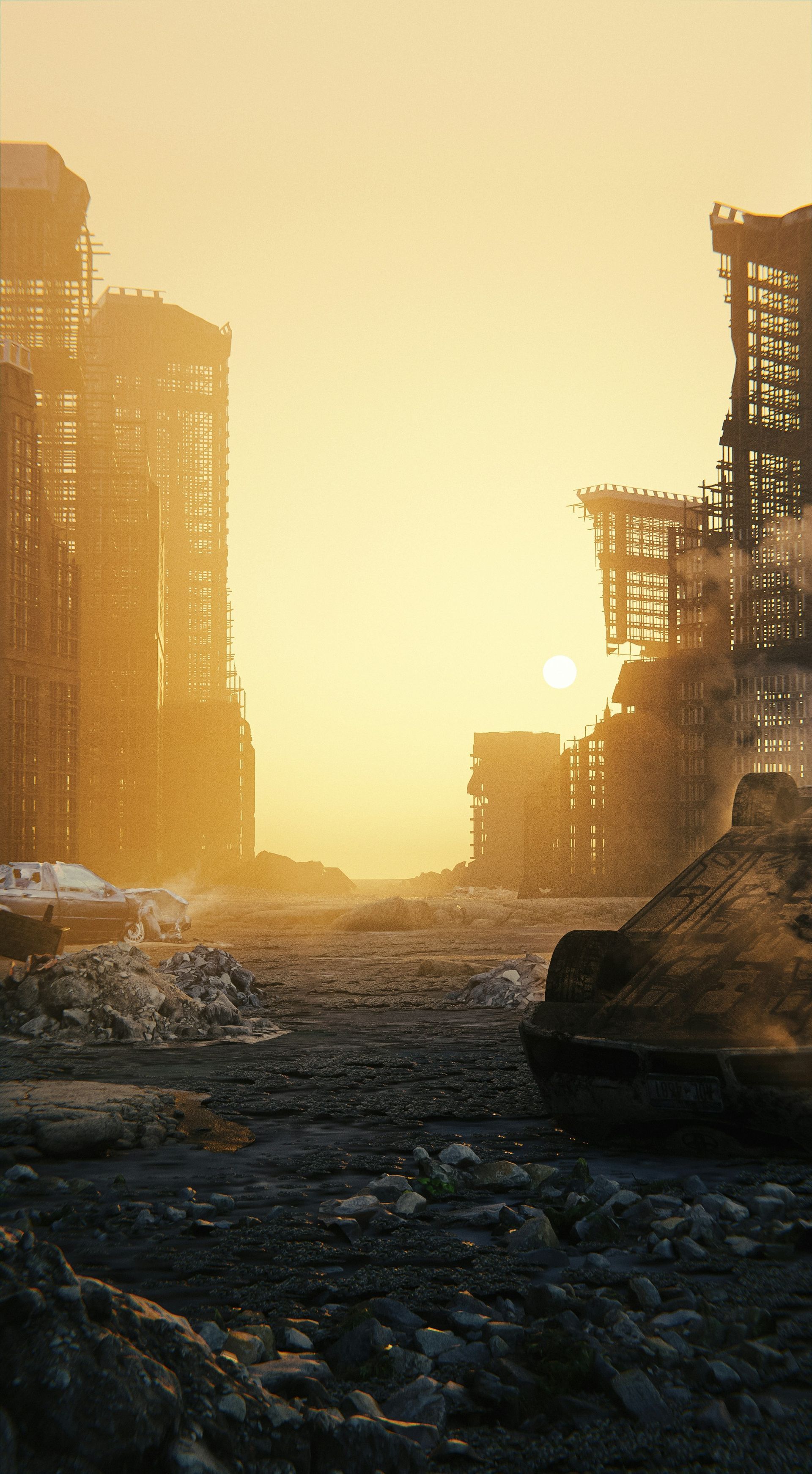The Trouble with Jesus
by Constance Hastings
The Trouble with Jesus is healing happens in reversal to one’s willingness to see.

Everyone deserves a good day once in a while. Jesus hadn’t had one in a long time.
Maybe it started when his own family had said he was out of his mind. Then his own hometown heard his message as scandal. He’d had no time to grieve the death of his cousin and best support, John the Baptist. His own disciples had no clue about where and into what they were headed despite his explicitly having told them three times. Even two of his closest disciples, James and John, had the audacity to ask for special seats of favor as if getting to glory was a walk in the park. You’d expect push back and rejection from those not close to him, but all this happened within his own circle. That road to Jerusalem was getting harder all the time, and the worst of it was yet to come.
And so they reached Jericho.
Whatever happened there isn’t given for us to know. But it must have been something because a huge crowd followed him and his entourage on the way out. Had they seen healings? Did they hear a message of hope? Were their children welcomed and blessed as he’d done for other kids? Not said. But in their following, there’s the sense they weren’t ready to say goodbye, to let him go.
Except, well, evidently they had missed something. Missed as in hadn’t seen or taken the effort to notice a familiar figure on the side of the road. That blind beggar, Bartimaeus, must have heard the crowd talking in amazement about this one who was leading, this figure who very well could be one who’d take them to restoration of who they were as God’s chosen people. So they pushed on, past one who didn’t see them, and likewise blind in how they wouldn’t see the sightless beggar.
Bart refused to go unnoticed. Calling out, “Jesus, Son of David, have mercy on me!” his presence was now noticed, at least enough to be an annoyance needing to be shushed. Bart wouldn’t quiet down, gets even louder. Desperate voices carry far.
Now here is something interesting. Maybe Jesus was thinking here was another incident where people couldn’t see, didn’t realize, wouldn’t recognize where he was leading. He could have gone over to the side of the road to speak to Bart. But he didn’t; Jesus stopped and stayed where he was.
Tell him to come here.
So the ones who’d have him stay blind, silence his begging for help, only to continue begging for what little their generosity would afford him, have to make a change, a reversal of what they’d been doing. Up until then, they would have hindered his effort of accessing any hope God might bestow on his life. Now they are actively assisting him, encouraging him because Jesus is calling to him.
That call activates another reversal. Bart throws off and aside his coat, what had functioned as his security blanket. For God only knows how many years, this coat had been his protection against the elements, a sign of his status into which people would throw money as it lay before him on the ground, the symbol of his life and its destitution. Now he throws it all off, moving in what limited way he can toward Jesus’s voice and call. There is an expectation in his efforts, a confidence that no longer will he have to sit on the side of the road begging from a world blind as he, who won’t see him, and passes by.
What do you want me to do for you?
There’s an irony in Jesus’ request, possibly a reluctance to even put it out there before Bart and the crowd, those who have just joined the parade as well as the twelve. The last time Jesus had said these words, it brought disappointment, a kind of regret for what had not been made clear, understood, seen to be his truth. Nothing about Jesus had changed for them or the crowd. Why should he think this time it’d be different with Bart?
Except it was. “I want to see!” Bart boldly asked what drove his crying out, his coming to Jesus. He knew his limitation, his need to rise, and view the world as God made it. Therein was a sense that God meant for him to experience, move, have position in this kingdom of the Son of David. Though blind, Bart reached for what only could be bestowed on him from this one who would see his need of mercy, that which the world mostly had ignored leaving him on the side of the road.
Go your way.
Go. Don’t stay in your hole pitifully begging for the scraps from the world. Get out of that place and mindset.
Your. You have been created and made for better than what you have known, thought you would always be. Claim it.
Way. There’s a journey that’s ahead, one that will take you from the side of the road to being on the road. It’s a path you’ve not thought possible until now, this time when you have cried out to me for mercy.
Your faith has healed you.
In some ways, Jesus’ words are almost anticlimactic, too obvious and not necessary as a statement. Bart’s healing and hope came by his coming, his willingness to reverse and throw off what he’d been. That pronouncement of Jesus only affirmed what Bart was able to see first in his soul and live into on that road.
So at least this day was a pretty decent day. Jesus told this former blind beggar to Go. Bartimaeus went farther and followed him on the road to Jerusalem and the destiny of the cross.
What do you want me to do for you?
One’s answer reveals the beggar in one’s soul.
Mark 10:46-52 https://www.biblegateway.com/passage/?search=Mark%2010%3A46-52&version=NLT
The Trouble with Jesus: Considerations Before You Walk Away by Constance Hastings Available wherever you get your books or https://bookshop.org/p/books/the-trouble-with-jesus-considerations-before-you-walk-away-constance-hastings/20629321?ean=9781636983387
Subscribe to The Trouble with Jesus Blog Here.















